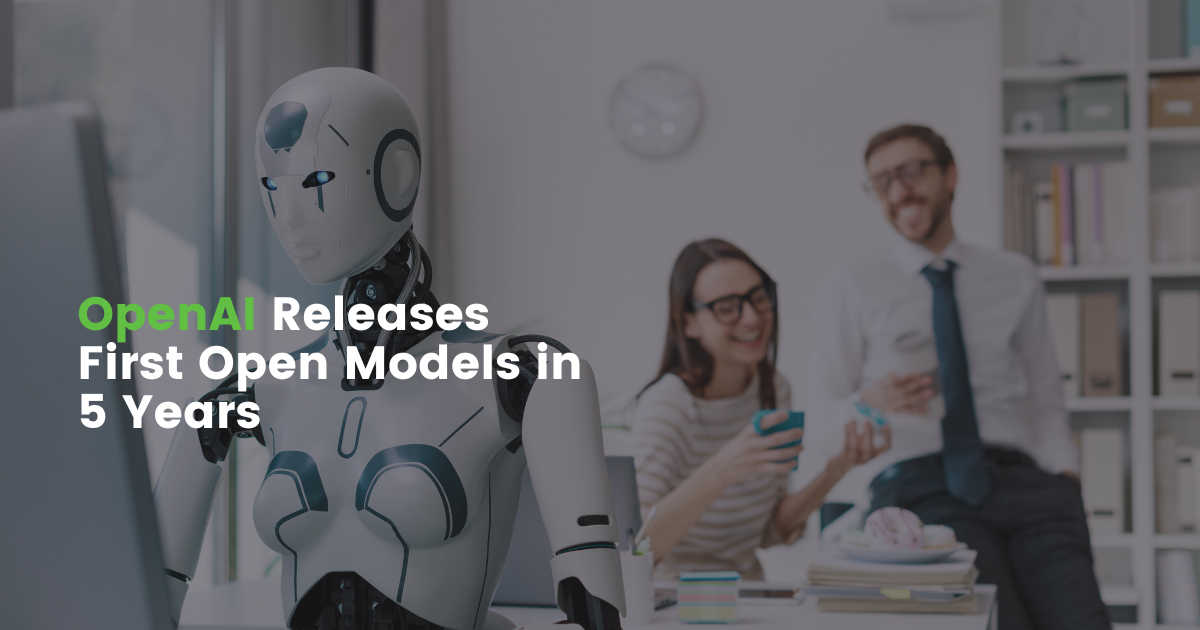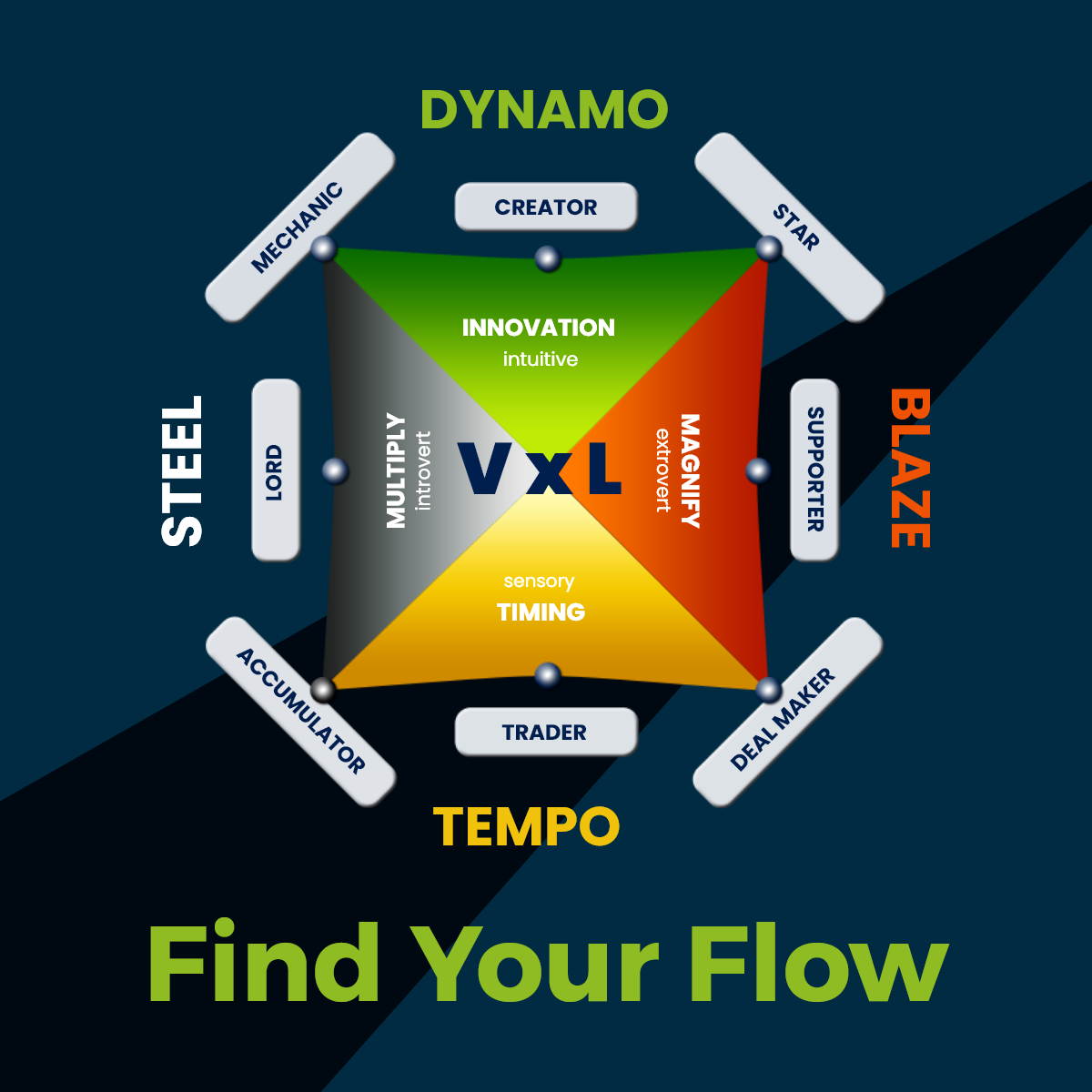
OpenAI just did something it hasn’t done in over five years: released open models.
The company dropped two new open-weight reasoning models this week, gpt-oss-120b and gpt-oss-20b, which are available for free download on Hugging Face.
It’s OpenAI’s first open release since GPT-2 in 2019, marking a significant shift for a company that has built its business on proprietary, closed-source models.
The Real Story
Let’s be clear about what’s driving this decision. OpenAI didn’t suddenly develop a passion for open source. The company has been losing ground to Chinese AI labs like DeepSeek and Alibaba’s Qwen, which have dominated the open model space while OpenAI focused on charging enterprise customers for API access.
CEO Sam Altman acknowledged they’d been “on the wrong side of history” with their closed approach. That’s corporate speak for: we’re losing market share and need to adapt quickly.
The new models deliver solid performance. The 120B version outperforms DeepSeek’s R1 on coding benchmarks, while the lighter 20B model runs on consumer hardware with 16GB of memory. Both can connect to OpenAI’s cloud models when they encounter tasks beyond their capabilities — a strategic hybrid approach that keeps users within OpenAI’s ecosystem.
The Trade-offs
These models come with significant limitations. They hallucinate at rates of 49-53% compared to just 16% for OpenAI’s premium o1 model. OpenAI frames this as “expected” because smaller models have less world knowledge, but that’s still a substantial accuracy problem for commercial applications.
The models are also text-only, lacking the multimodal capabilities of OpenAI’s flagship products.
What This Means for Business
For entrepreneurs and developers, this represents a major opportunity. The Apache 2.0 license allows commercial use without royalties to OpenAI. However, the company isn’t releasing training data, likely due to ongoing copyright litigation.
The broader impact extends beyond just these models. This move forces competitors to accelerate their open source efforts, potentially triggering a new wave of accessible AI tools and increased competition across the sector.
Ready to understand how AI and emerging technologies are reshaping business strategies? Take Roger Hamilton’s Genius Generation microcourse for free at Genius Academy, and obtain insights on these technological shifts and how they not only change the way we do business, but also how we live.


